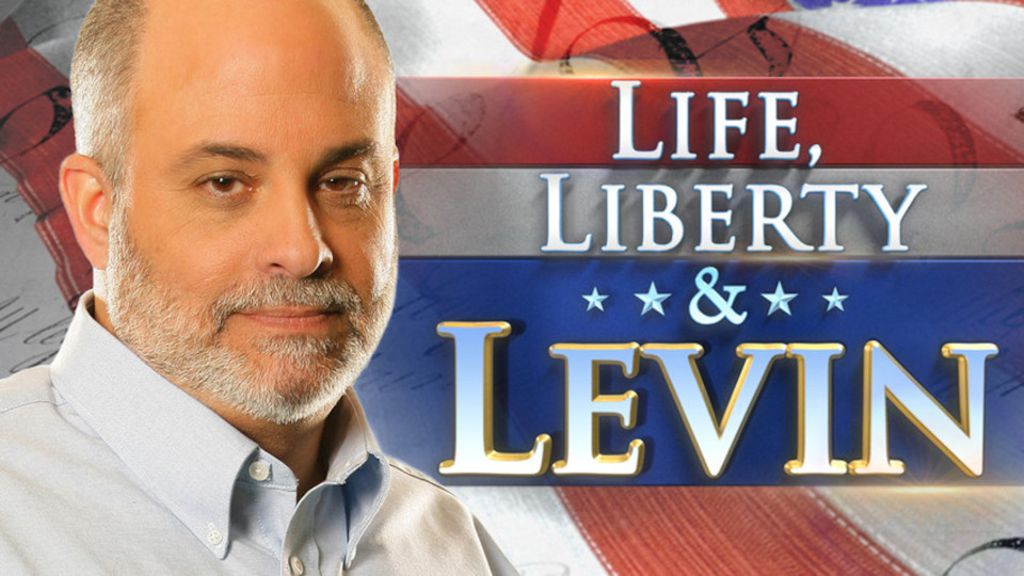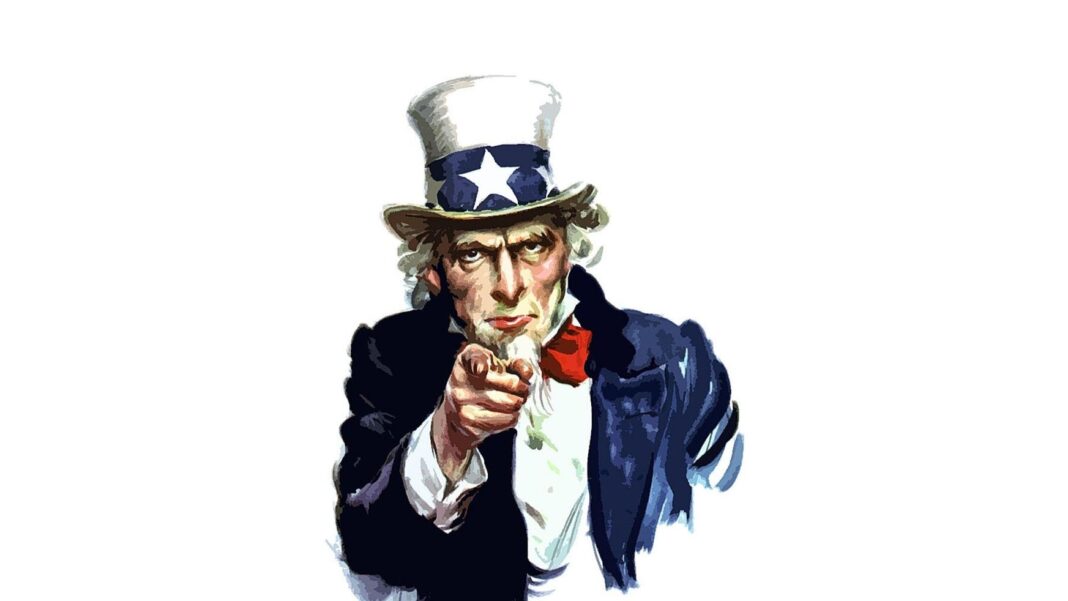On today’s episode of Life, Liberty, & Levin, Mark Levin sat down for a one on one with George Mason University’s Economics Professor Walter E. Williams where they discuss how they define the term liberty.
Mark Levin: Hello America, I Mark Levin. This is Life Liberty and Levin and it is a great honor to have my friend Walter Williams on with me. How are you? For our inaugural show, I said I want Walter Williams. For those who don’t know you, all three people out there, you are the John M. Olin Distinguished Professor of Economics at George Mason University. We know you as a syndicated columnist, author numerous books essays and so forth. You are a libertarian / classical liberal, I would say. Is that about right? And of course you write for Townhall, Worldnet Daily, Jewish World Review, hundreds of newspapers across America.
Let’s jump right into this. Let’s start with fundamentals. Let’s start with the basics. How would you define Liberty.
Walter E. Williams: Well, I defined it as a, as people being able to engage in peaceable voluntary exchange without interference by others. And typically, down through Mankind’s history, Liberty is not the normal State of Affairs. That is, throughout Mankind’s history, he’s been subject to arbitrary abuse and control by others and so the amount of Liberty’s that Americans have, and perhaps Western Europe as well, the amount of it is relatively rare in humankind. And I think that the danger that we face is that some historian, maybe two hundred years from now he might be writing, he says we’ll the normal state of affairs has been arbitrary abuse and control by others and there’s this little tiny curiosity were a relatively few people had a large amount of liberty for a short amount of time, but it all went back to the normal state of affairs, that is arbitrary abuse and control by others.
Mark Levin: Do you think Liberty has the seeds of its own demise, that there’s a paradox, because, people who don’t support liberty or who are unwitting about liberty, can still use liberty to destroy liberty.
Oh, that’s absolutely right. That is they can use liberty to destroy liberty. They can use the, if you look at, if you look at totalitarians around the world, they always start out, they always for free speech. That is because they need free speech to get their foot in the door, but after their foot is in the door, they want to eliminate free speech. And you see this all the time. You’ll see this all over the world. And we’re beginning to see this in United States. That is in Berkeley, that was the seed of the Free Speech movement, but now a Berkeley they don’t want any free speech whatsoever. So, so again, I think that we have to be very very concerned because we’re losing our liberty. And if you ask the question, which way are we moving, tiny steps at a time, are we headed towards more personal liberty, or towards more government control over our lives. It have to be on ambiguous late the latter.






